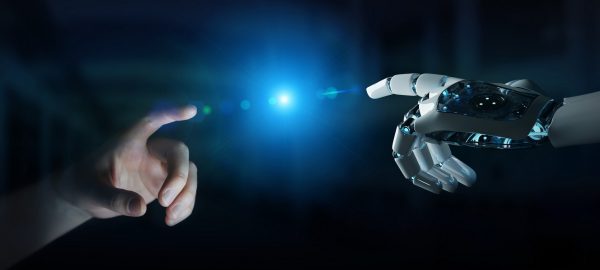The laboratory studies the nonlinear dynamics and control of locomotion systems, with applications to biological motility and bio-medical applications. The research will focus on three main programs:
Dynamics and control of micro-swimmers:
The motion of microorganisms, bacteria and sperm cells is governed by low Reynolds number hydrodynamics, where viscous effects are dominant and inertial effects are negligible. In this research program, the motion of micro-swimmers is formulated as a dynamical control system, for gaining better understanding of experimental observations on motility in biological systems. Another goal is laying the basic foundations towards future design of micro-robotic swimmers for performing biomedical tasks such as intelligent drag delivery, detection of tumors or harmed tissues, and even assistance in microsurgical operations. In the laboratory, macro-scale prototypes of robotic swimmers are constructed, and swim in a highly viscous fluid in order to keep the Reynolds number low. The objective of the motion experiments is demonstration of techniques for steering and control, and for analyzing the inter-swimmer interaction, and the influence of solid boundaries. Additionally, numerical methods for dynamic simulations of such systems are developed.
Non-smooth dynamics of multibody systems with intermittent contacts:
Dynamic motion of walking and running in humans, animals and legged robots is governed by intermittent contacts with the environment. The contact motion transitions from sliding to rolling to separation and impact. This induces a non-smooth behavior which is described by models of hybrid dynamical systems. In the laboratory, some phenomena which are unique to this class of systems are studied, such as Zeno behavior, Painlevé’s paradox and nonsmooth bifurcations. Motion experiments on robotic systems will be conducted and analyzed in order to improve existing theoretical model, and for development of advanced control techniques of such mechanical systems.
Geometric control of nonholonomic vehicles:
Wheeled vehicles such as the Twistcar toy car and Snakeboard glider belong to a class of underactuated vehicles with nonlinear dynamics, whose motion is generated by internal configuration changes that induce an interaction between momentum balances and nonholonomic constraints of no-slip at the wheels. In this research program, the motion control of such vehicles is analyzed by utilizing methods of geometric mechanics, where the objective is extending the existing theory to motion on uneven terrain and incorporation of effects of wheels slippage. In the laboratory, robotic prototypes of such vehicles will be constructed in order to demonstrate advanced nonlinear control methods. Additionally, numerical models and tools for dynamic simulation of such vehicles will be developed.






